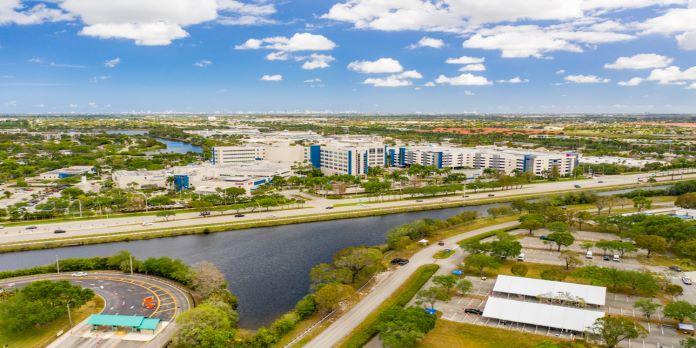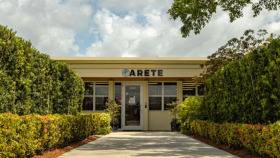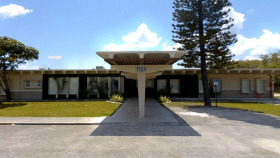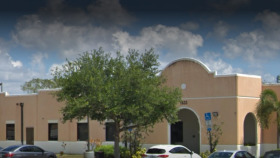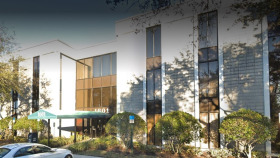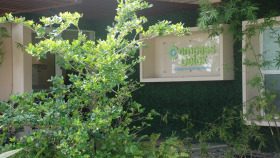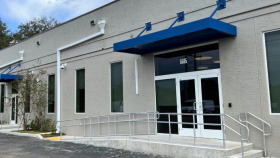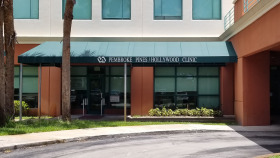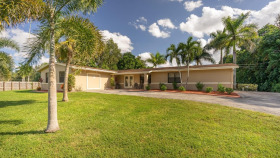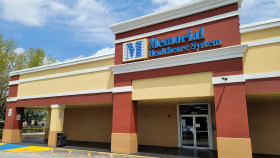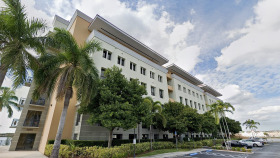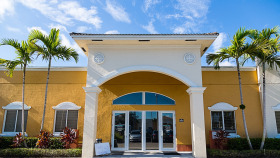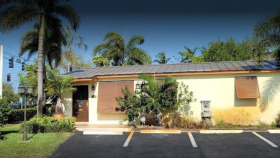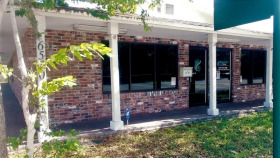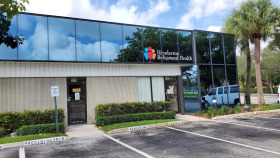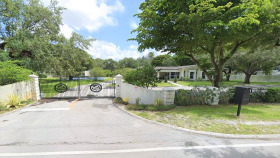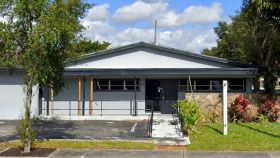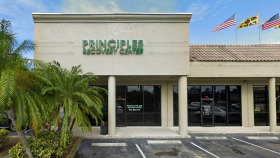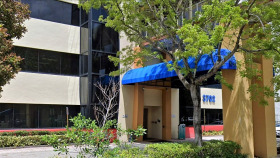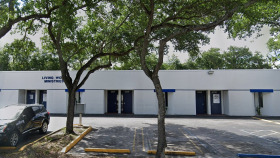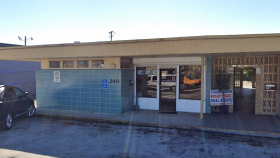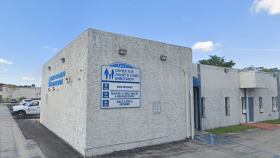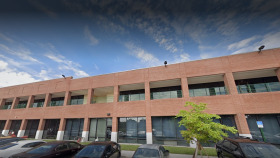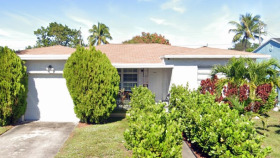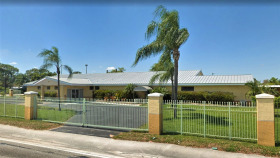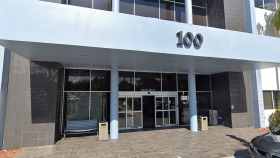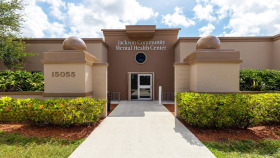Expert Insights
Something that has unfortunately plagued Florida, specifically South Florida, is sober home fraud. One of the most recent cases involved brothers who shuffled patients between two different sober home facilities. The owners of these sober homes were able to bill for treatments that were never provided, bilking insurance companies out of millions of dollars. Among the services that were never provided were medical detox services, therapy sessions, and drug screens. In this case, patients were given a sedative drink, ensuring they would keep coming back to the facility after failing drug tests. They were also given large amounts of controlled substances to keep them intoxicated so they could be recycled through the sober homes over and over again. It is this kind of waste, fraud, and greed that tends to give the addiction treatment industry a bad name that we must continue fighting to overcome. It is my hope that Florida will crack down even further on these bad actors.
~ Rita Milios
Cost of Drug Rehab in Pembroke Pines
Pembroke Pines drug rehabs base their cost of care on several variables, many of which are unique to you. That means costs will vary from facility to facility and even from program to program within a particular facility. Some of the factors that will impact your costs include:
The type of care you need (inpatient vs. outpatient, whether you need detox or medication-assisted treatment, etc.).
Whether you choose a private or publicly funded facility.
The amount of time you spend in rehab (the longer you stay, the more you can expect to pay)
Whether you have insurance and what it covers.
Choosing a facility in-network with health insurance provider.
Whether you qualify for financial aid that covers a portion or all of your treatment costs.
According to the Substance Abuse and Mental Health Administration, there are 23 addiction treatment centers within a 10-mile radius of Pembroke Pines, many of which accept a variety of payment forms.
Of those facilities:6
Within a 25-mile radius of Pembroke Pines, two facilities, both of which offer residential treatment, provide free services for youth and adults who cannot pay.6
Pembroke Pines, FL, Drug and Alcohol Statistics
Pembroke Pines is located in Broward County, Florida, which recorded 766 fatal overdoses in 2020, more than 10% of all those that occurred in the state that year. From 2019 to 2020, the number of overdose deaths in the county increased by 66%.1
In Florida, the Department of Children and Family Substance Abuse and Mental Health Program is the statewide authority on substance use as designated by SAMHSA. According to data collected by the agency, here are some of Broward County’s most notable alcohol and drug statistics in recent years:2,3,4,5
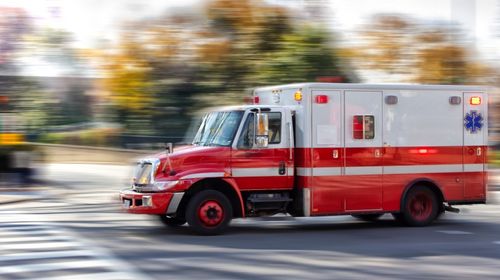
In 2020, Broward County recorded roughly 2,200 opioid-involved emergency department visits.
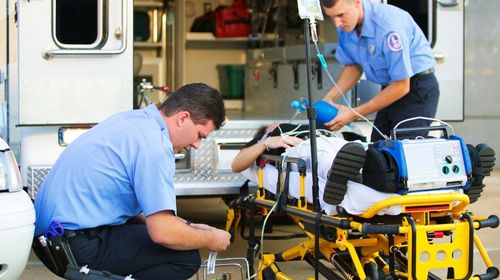
There were 6,800 emergency management service calls.
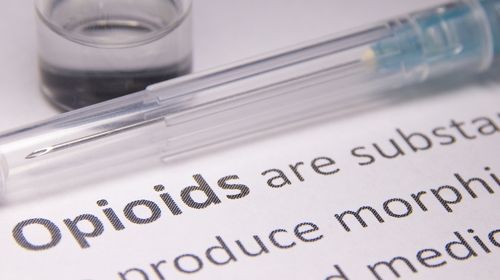
Of those calls, approximately 3,200 involved opioid-related overdoses.
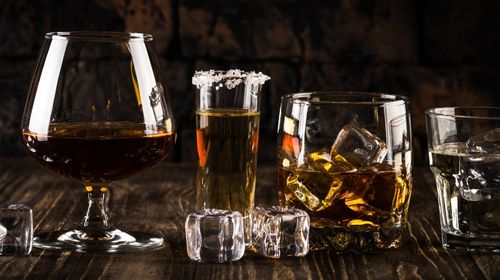
Nearly 17% of Broward County adults reported engaging in binge drinking behavior.
Here are stats related to rehab admissions and treatment in Broward County:2,3,4,5
Approximately 28% people in rehab reported heroin or other opioids as their primary drug.
Roughly 31% reported marijuana as their primary drug.
Approximately 21% reported alcohol as their primary drug.
About 9% reported cocaine/crack as their primary drug.
Alcohol and Drug Laws in Pembroke Pines, FL
Florida Marchman Act: This law allows anyone to petition the court to place an individual who poses a substance use-related danger to themselves or others into involuntary treatment. After being admitted, the individual with addiction will undergo a comprehensive assessment and, if necessary, stabilization and treatment.10.
Florida Good Samaritan Law: Under this law, anyone who seeks emergency assistance for an overdose victim can receive limited legal immunity from arrest or prosecution for possession of illicit substances. This law only protects individuals who have small amounts of illicit drugs, not those who appear to be involved in substance trafficking.11
Naloxone Standing Order: This order allows anyone who may be at risk of an opioid overdose to obtain naloxone from a licensed pharmacy without a prescription. Anyone who can help save an overdose victim’s life may also acquire the medication from a pharmacy with no prescription. Schools are also legally allowed to stock and administer naloxone under this order.12
Broward Drug Court Programs: The Broward Drug Court program diverts first-time, non-violent criminal offenders without a felony conviction to an addiction treatment program through the Pre-Trial Intervention Program. The Diversionary Treatment Program offers non-violent offenders who are facing prison time the option of going to addiction treatment rather than prison. Both programs last a minimum of one year and aim to restore participants as productive members of society.13
Resources
- The City of Pembroke Pines Official Site. (n.d.). Www.ppines.com.
- Centers for Disease Control and Prevention. (2022, March 1). Drug Overdose Mortality by State. Center for Disease Control and Prevention.
- FindTreatment.gov. (n.d.). FindTreatment.gov.
- Florida Department of Health. (n.d.). Substance Use Dashboard.
- United Way of Broward County. (2021, September). Opioid-Related Emergency Department Visits and Emergency Management Service Calls in Broward County.
- Florida Department of Health. (n.d.). Behavioral Risk Factor Data, Adults Who Engage in Heavy or Binge Drinking.
- Florida Department of Health. (n.d.). Adult Substance Abuse Program Enrollees (Aged 18 Years and Older).
- United Way of Broward County. (2022, June). Drugs Identified in Deceased Persons in Broward County.
- Substance Abuse and Mental Health Services Administration. (n.d.). FindTreatment.gov.
- Substance Abuse and Mental Health Services Administration. (2016, December 16). Directory of Single State Agencies (SSA) for Substance Abuse Services.
- Office of National Drug Policy. (n.d). Substance Abuse and the Affordable Care Act.
- Office of the Assistance Secretary for Planning and Evaluation. (n.d.). Frequently Asked Questions Related to the Poverty Guideline and Poverty.
- Connecticut General Assembly Office of Legislative Research. (2012). Florida Law on Substance Abuse Treatment.
- The Florida Legislature. (2021). The 2021 Florida Statutes. Chapter 893, Drug Abuse Prevention and Control.
- The Florida Legislature. (2022). The 2022 Florida Statutes. Chapter 381.887, Emergency treatment for suspected opioid overdose.
- Sheriff’s Office of Broward County. (n.d.). Department of Community Programs, Treatment Programs.

